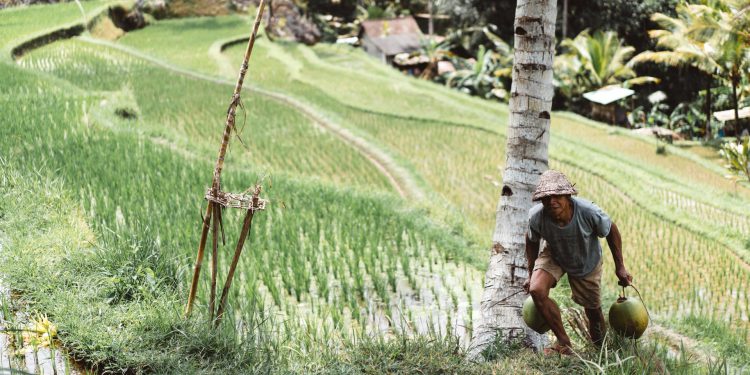The 2020 Global Food Security Index, compiled by The Economist, finds global food security is continuing to deteriorate across the world, for reasons including intensive farming and climate change.
It finds Covid-19 has exacerbated existing problems for farmers. The 2012 to 2018 editions of the index recorded continuous improvements in food security, but there was a fall in 2019, followed by a second, marginal, decline in 2020.
This year’s index includes new data on gender inequality and armed conflict. It also presents Natural Resources and Resilience as a main category for the first time, reflecting the impact of climate change on food security.
This “reveals the true threat of climate change to food security and the need to incorporate it as an integral part of building resilience in the global food system,” according to the report. Agricultural production became more vulnerable in 49 countries.
The report says in urban areas, informal workers and migrants have been affected by rising food prices, while smallholder farmers have faced income and food uncertainties.
Food safety nets in 47 countries lack adequate funding to cope with a crisis, and 36 countries lack national food security coverage.
The extreme summer led to the worst crop harvests in 50 years for Denmark, Norway and Sweden
Asia and Sub-Saharan Africa have seen the highest improvements in access to food market data and mobile banking.
The pandemic has seen China, Malaysia and Ghana successfully use e-wallets and mobile text messages to deliver timely information and financial services to smallholder farmers and citizens.
More gender equality efforts are needed, but there were some successes in the Middle East and Africa, where programmes trained, mentored and supported women researchers and scientists working in food, nutrition and climate change.
Highly volatile agriculture production in countries like Australia, Norway and Sweden demonstrated the risks that climate change poses.
The droughts and extreme summer of 2018 in Northern Europe led to the worst crop harvests in about 50 years for Denmark, Norway and Sweden. Norway and Sweden’s cereal and vegetable production almost halved that year.
Combatting the effects of climate change, in Africa, two million farmers are now participating in the Drought Tolerant Maize for Africa initiative.
The Global Food Security Index is based on 59 indicators, measuring food affordability, availability, quality, safety and natural resources/resilience in 113 countries.
Finland was the top country for food security in 2020, ahead of Ireland and the Netherlands. Despite problems caused by Brexit, the United Kingdom was ranked sixth, while the United States and Canada came eleventh and twelfth, respectively.























